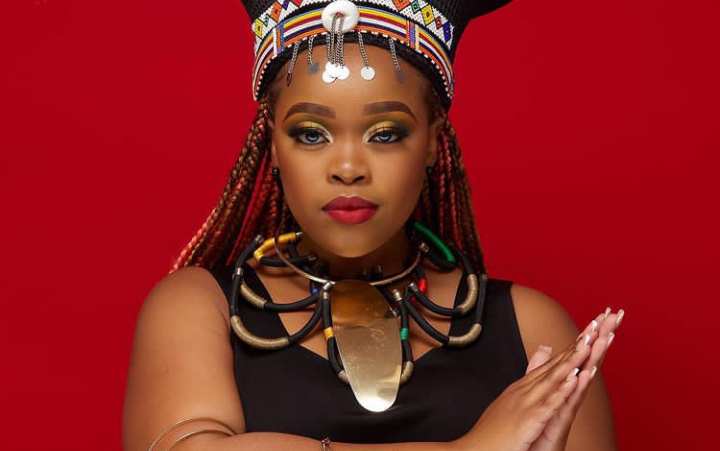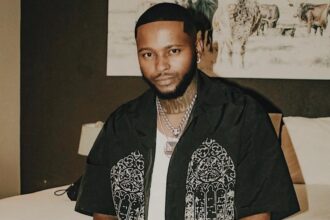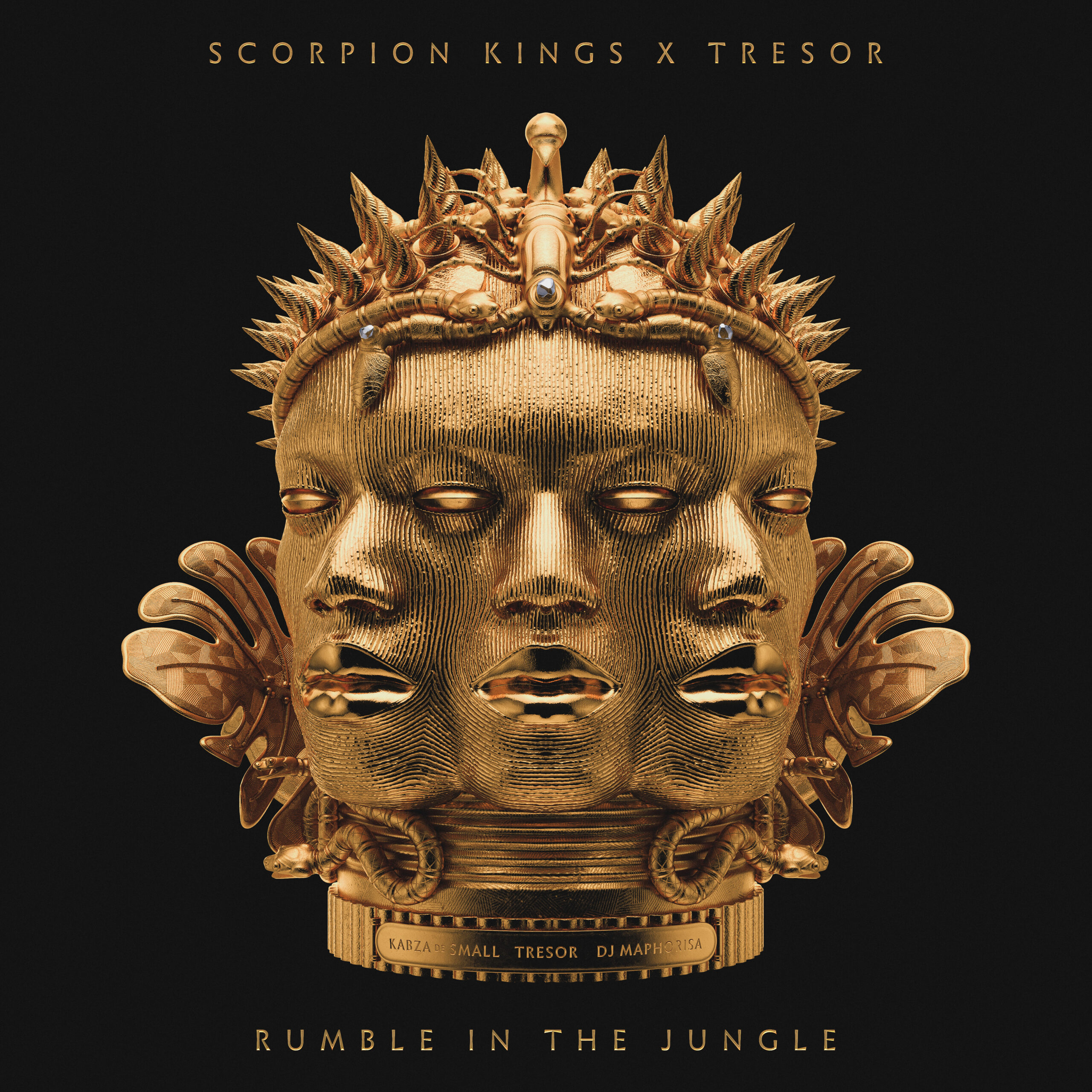The Rise Of Amapiano Queens. Amapiano (also known as ipiano or ’piano) began in the streets of Gauteng, South Africa, in the early 2010s. The now world-conquering sound is a sub-genre of deep house that usually clocks in at around 110bpm, and is typified by extended intros, soaring synth lines built on euphoric chord progressions, chasmic grooves, vibrant shakers and wide, sustained basslines.

Bassie
Basetsana Maluleka (or Bassie) is one of the most well loved singer-songwriters to enter the game in previous years. Finding her feet from Windmill Park, Boksburg, going on to conduct a local choir at 18, to co-creating smash hits with amapiano pioneers MFR Souls in “Bathandwa” along with the Boohle-featured “Sizani” produced immaculately by T-Man SA, Bassie has enjoyed many highlights on her path to greatness including a stellar appearance on the impactful Channel O Lockdown House Party in Season 1.
Boohle
Vosloorus-hailing Buhle Manyati, known fondly as Boohle, is responsible for writing some of the biggest songs amapiano has had on offer, from the Cassper Nyovest and Abidoza accented “Siyathandana” (which has just surpassed 6 million views on Youtube), to the Josiah De Disciple-produced “Mama”, which recently got a powerful remix by Afro-house master Da Capo. In 2017 the founder of the Tshwane Gospel Choir fell under her spell, and shortly thereafter she claimed number one spots on South Africa’s local radio stations left and right.
Babalwa M
The unanimously named “queen of private school amapiano,” Babalwa M is best known for her gleaming vocals on pioneer Kelvin Momo’s productions, such as “iMali,” on the 2020 smash EP Bayeke. Often described as “ahead of her time”, she welcomes Kelvin back on her long-awaited debut album titled Aluta Continua, to remind us why she’s more than earned her place as one of the most prized vocalists to blaze a trail for the other women on this list.
Mawhoo
MaWhoo, born Thandeka Ngema, has been pursuing a career in music since she brought her first track to a radio station in Eshowe Kwazulu Natal, at 11 years old. Turned away because she was too young, she decided to model until she could find a way toward a breakthrough. Reaching out to the iconic, yet controversial South African label Mabala Noise in 2018, she was put in touch with super-producer Heavy K and went on to record “Umshado” with him, and two songs alongside Scorpion Kings on their groundbreaking Once Upon a Time in Lockdown, each step of the way championing the belief that women should be able to express themselves however they chose — and be appreciated for it.
Nicole Elocin
Raised between the Eastern Cape and Kempton Park, Nicole Elocin started her music career at the age of 11 in a church choir. She started pursuing her musical career by attending studio sessions with local producers Tammy T and Phlexx Roku, and by 20, Nicole had her amapiano debut on the Money Heist EP with the Tyler ICU, decimating on her rendition of the Italian anti-fascist anthem “Bella Ciao” in a way that only amapinao can carry a pop culture reference.









